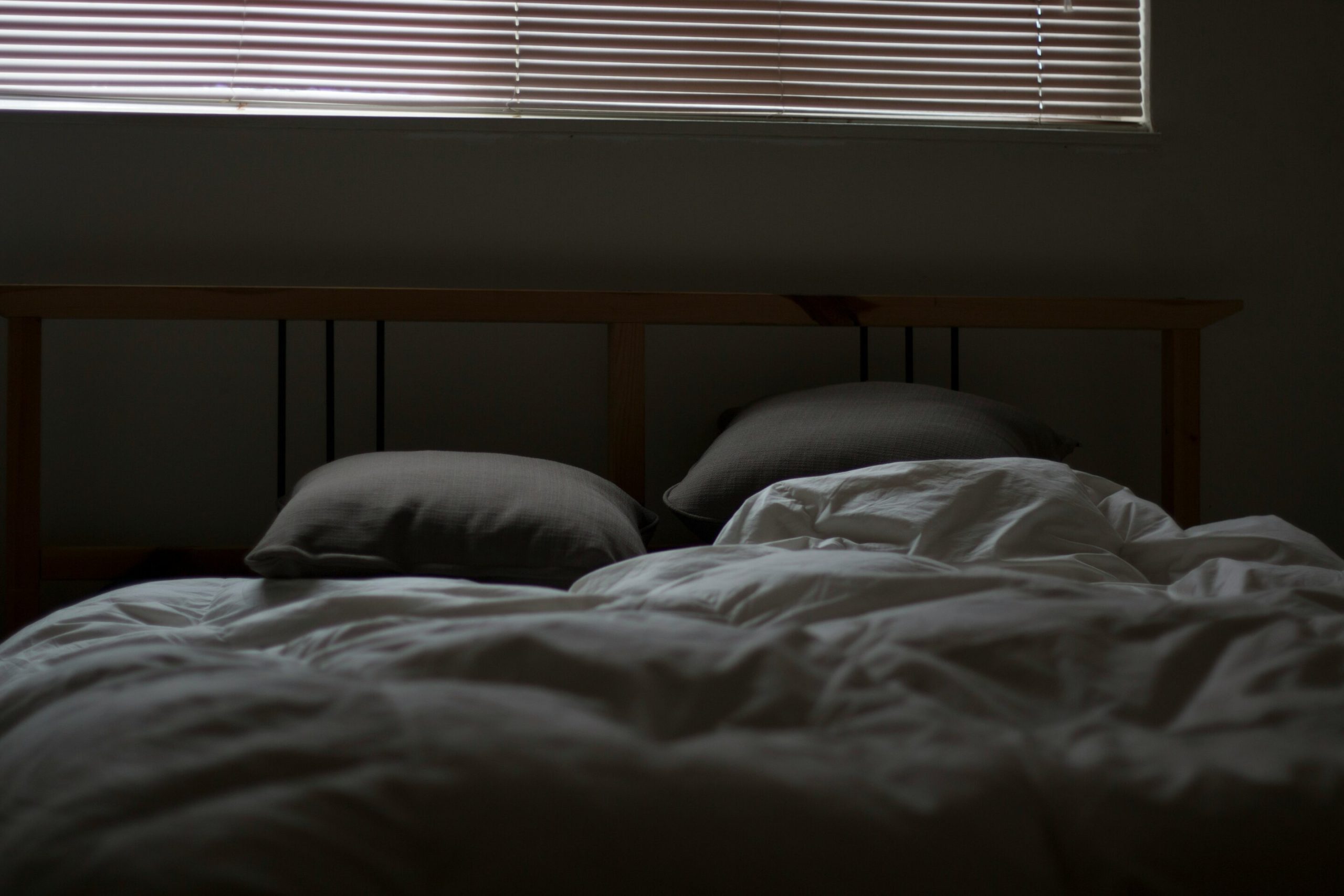
A new study by researchers from Dalhousie has shown that seniors taking sleeping pills can significantly reduce their dependence on the medications and improve their sleep with a simple intervention that is safer and more effective, but unfamiliar to many.
The study, published in JAMA Psychiatry, evaluated whether specially designed information packages mailed directly to their homes could help people reduce their need for sleeping pills, while also helping them get a better sleep.
Conducted across New Brunswick, the randomized clinical trial, “Your Answers When Needing Sleep in New Brunswick,” (YAWNS NB) was led by investigators at Dal and involved researchers from the University of New Brunswick and Monash University in Australia.
“Most efforts and campaigns to reduce the high rate of sedative use among older adults have focused on educating health-care professionals. For this study, we went straight to the people taking the sleeping pills,” said Dalhousie Professor Dr. David Gardner, a study co-lead.
The study involved three groups: two that received different information packages (Sleepwell or EMPOWER) and a control group that didn’t receive anything by mail. The Sleepwell package had two booklets, “How to Stop Sleeping Pills” and “How to Get Your Sleep Back.”
The EMPOWER package also included two booklets about sleeping pills and how to get a better sleep without them that had been previously studied and shown to be effective at reducing sleeping pill use.
People enrolled in the YAWNS NB study were taking prescribed sleeping pills, including benzodiazepines (e.g., lorazepam (Ativan)) or z-drugs (e.g., zopiclone (Imovane)). There were 565 study participants, who averaged 72 years of age and 11 years of sleeping pill use.
Changing behavior
The information packages were designed to promote a change in behavior and initiate the switch from relying on sleeping pills to learning about and using sleep—enhancing techniques to treat insomnia. Each package encouraged study participants to meet with their health-care professional and included information on the dangers of sleeping pills and how to safely reduce and stop them. The Sleepwell package also described cognitive behavioral therapy for insomnia (CBTI) and showed how to access it.
The researchers found that more people receiving the Sleepwell package stopped or reduced their use of sleeping pills compared to the other two groups. About 26% in the Sleepwell group stopped taking sleeping pills altogether by six months. For EMPOWER, the rate was 20% and in the control group it was 7.5%.
In addition to reducing their use of sleeping pills, people in the Sleepwell group slept better and had less daytime sleepiness compared to the other groups.
“Our study shows that participants safely stopped sleeping pills even though many had been taking them for years and that getting a better night’s sleep is something that many people can learn to do on their own,” said Dr. Andrea Murphy, also a study co-lead.
Against the norm
The rate of insomnia increases with age as does the use of sleeping pills and their associated risks, such as memory problems, falls, driving impairment and dependence. Sleeping pills are not recommended, short-term or long-term, for people 65 and older, yet they are the most common form of treatment of insomnia in this age group, often being used every night for years.
Behavioral and cognitive sleep enhancing techniques are recommended as the first-line treatment for insomnia, but they are underused.
People often turn to sleeping pills in the hope that short-term use will fix difficulties with sleep, not realizing that the benefits are short-lived and dependence can develop quickly. Some of the highest rates of use are seen in Atlantic Canada, with New Brunswick leading the way. The Canadian average is 8% of people 65 and older regularly using sleeping pills. In New Brunswick, the rate is about 22%.
“Insomnia is a common sleep disorder affecting as many as one in 10 people in the community,” says Dr. Malgorzata Rajda, a psychiatrist, sleep specialist and study author. “Some individuals will need help from their family doctor or a therapist, but many can find a solution on their own.”
More information:
David M. Gardner et al, Patient Self-Guided Interventions to Reduce Sedative Use and Improve Sleep, JAMA Psychiatry (2024). DOI: 10.1001/jamapsychiatry.2024.2731
Sleepwell is a knowledge mobilization and behavior change intervention. To learn about it and its resources, visit mysleepwell.ca.
Citation:
Kicking a sleeping pill habit is possible for seniors with a simple intervention, study shows (2024, September 19)
retrieved 21 September 2024
from https://medicalxpress.com/news/2024-09-pill-habit-seniors-simple-intervention.html
This document is subject to copyright. Apart from any fair dealing for the purpose of private study or research, no
part may be reproduced without the written permission. The content is provided for information purposes only.



